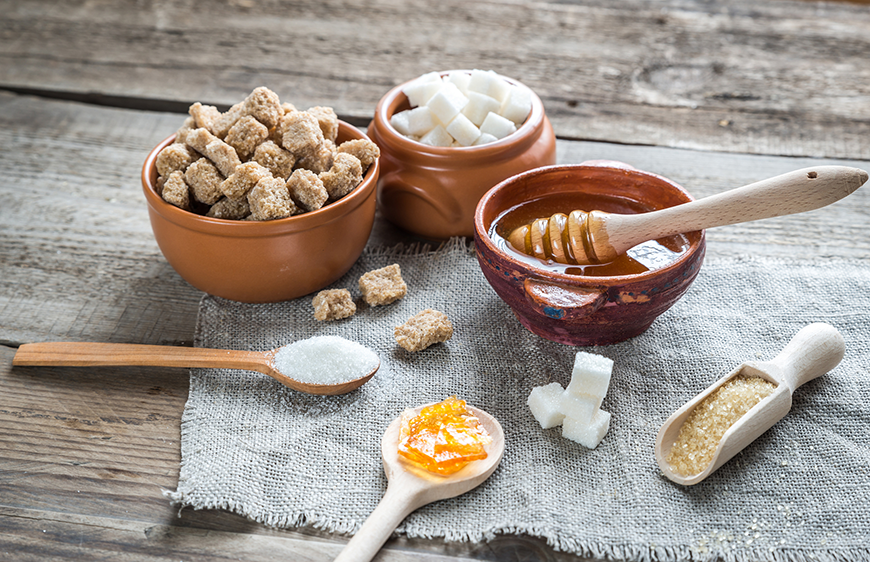
The Best Sugar Substitutes for Diabetics: A Complete Guide
Introduction Managing diabetes doesn’t mean you have to give up sweet treats. With the right sugar substitutes, you can enjoy sweetness without spiking your blood sugar levels. In this guide, we’ll explore the best diabetic-friendly sugar alternatives, their benefits, and how to use them in daily cooking.
1. Stevia
Stevia is a natural sweetener extracted from the leaves of the Stevia plant. It has zero calories, a glycemic index of zero, and is up to 300 times sweeter than sugar.
- Pros: Does not affect blood sugar, natural, calorie-free.
- Cons: Can have a slight aftertaste.
- Best For: Beverages, baking, and desserts.
2. Monk Fruit Sweetener
Monk fruit extract is another natural sweetener that contains antioxidants called mogrosides, which provide sweetness without increasing blood sugar.
- Pros: No impact on glucose levels, antioxidant properties.
- Cons: Often blended with erythritol, which may cause digestive discomfort in some people.
- Best For: Coffee, tea, and cooking.
3. Erythritol
Erythritol is a sugar alcohol with 70% of the sweetness of sugar but only 5% of the calories. It does not raise blood sugar or insulin levels.
- Pros: No impact on blood sugar, low in calories.
- Cons: Can cause mild bloating if consumed in large amounts.
- Best For: Baking and low-carb desserts.
4. Allulose
Allulose is a rare sugar that tastes like regular sugar but has 90% fewer calories. It does not cause spikes in blood glucose.
- Pros: Tastes like sugar, no impact on blood sugar.
- Cons: More expensive than other sweeteners.
- Best For: Ice creams, sauces, and syrups.
5. Xylitol
Xylitol is another sugar alcohol with a sweetness level similar to sugar. It has a low glycemic index and is often used in sugar-free gum and candies.
- Pros: Good for oral health, does not spike blood sugar significantly.
- Cons: Toxic to pets; may cause digestive discomfort if consumed in excess.
- Best For: Baking and chewing gum.
How to Choose the Right Sweetener?
When selecting a sugar alternative, consider:
- Your personal taste preference.
- Whether you need it for cooking, baking, or beverages.
- Any digestive sensitivities to sugar alcohols.
Final Thoughts
Choosing the right sugar substitute can help manage diabetes while allowing you to enjoy the sweet flavors you love. Experiment with different options to find what works best for your lifestyle.
For high-quality, diabetic-friendly sugar substitutes, check out our range at DiabeticSugar.com.